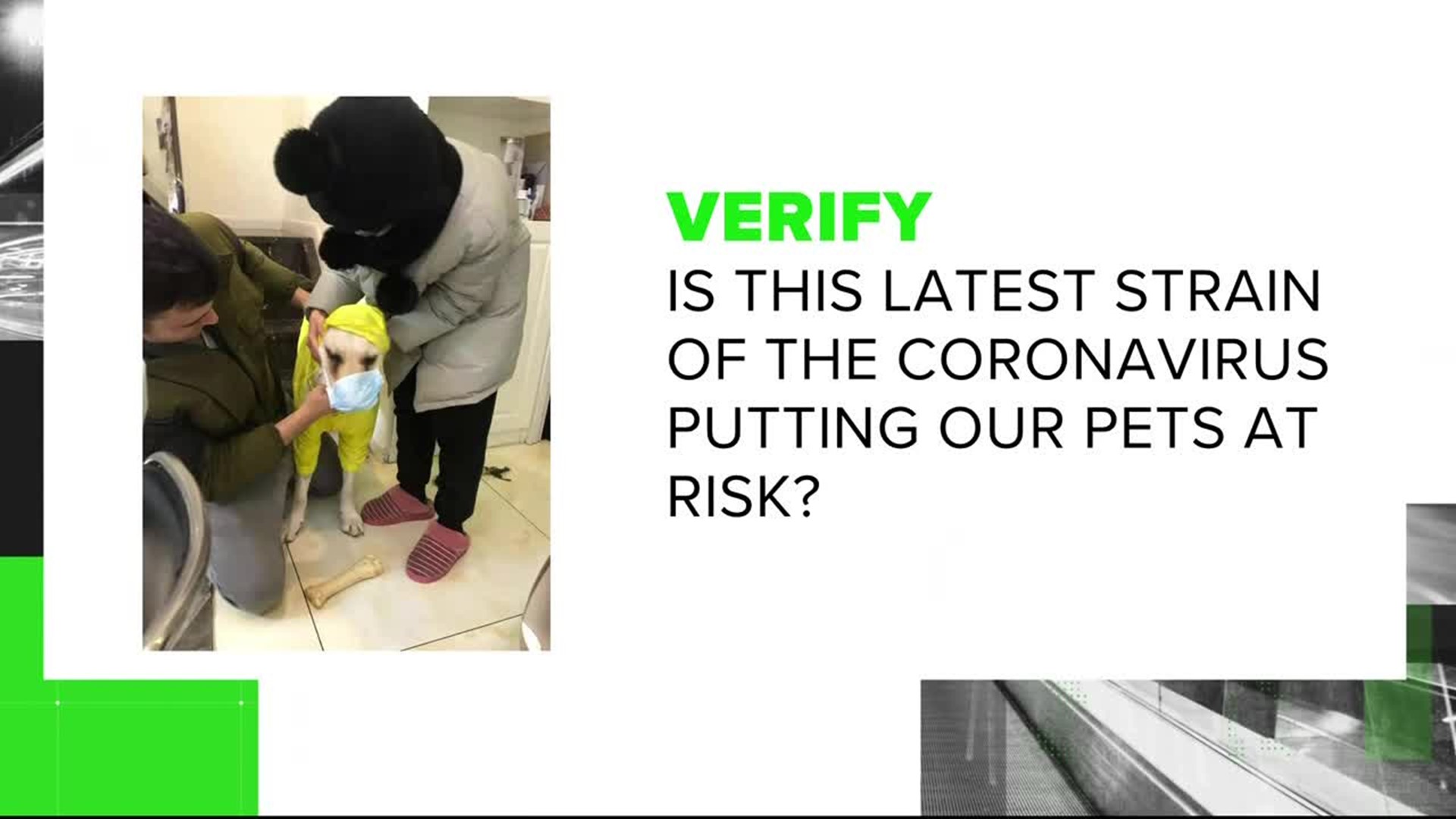MEMPHIS, Tenn. — In an abundance of caution, and based on recommendations from the National Animal Care & Control Association (NACA), Memphis Animals Services is enacting revised intake policies to comply with the social distancing guidelines issued by the CDC. Additionally, these temporary policy revisions are a response to a significant decrease in adoptions, reclaims and rescue transfers, which has resulted in a capacity crisis at our facility. We simply do not have enough kennels as the number of animals coming in is greatly exceeding the number of animals going out.
Until further notice:
- Memphis Animal Services Officers will only impound animals that pose an immediate threat to public safety or that need immediate medical care.
- Memphis Animal Services Intake Desk (at the shelter) will only accept emergency intakes. All owner surrender appointments have been pushed back as well.
Additionally, we are seeking as many fosters as possible to care for pets in their homes until normal operations can be resumed. Should we be forced to reduce our workforce levels, having fewer pets requiring care in our facility will be imperative. If you can foster a pet now, please come into our facility during our adoption hours, or fill out this form to be on call for any emergency foster needs that may arise.
RELATED: Coronavirus live updates: Europe travel ban begins tonight; administration nears aid bill agreement
RELATED: Be prepared for changes at Memphis International Airport if you are traveling for Spring Break
--------------------------------
Coronavirus in Context:
The majority of people who have coronavirus will get better without any long-term effects, according to an Oregon doctor. About 80% of cases tend to be mild. In these cases, symptoms diminish over five to seven days, although people are still capable of transmitting the disease. But there are many people with a higher risk of having a more severe disease if they are diagnosed with coronavirus, including those with heart disease, diabetes, asthma and other vascular disease problems.
Also, most children who get it have mild symptoms.
WHO officials said March 9 that of about 80,000 people who have been sickened by COVID-19 in China, more than 70% have recovered and been discharged from hospitals.
Patients are typically released when they test negative twice for the virus within 24 hours, meaning they’re no longer carrying the virus, although some countries may be using a slightly different definition, that may include when people have no more respiratory symptoms or a clear CT scan.
The World Health Organization said it could take considerably longer for people to be “recovered,” depending on the severity of disease.
Dr. Mike Ryan, the World Health Organization's emergencies chief, said it can take up to six weeks for people to fully recover from COVID-19 infections, which could include pneumonia and other respiratory problems in serious cases. He said the numbers of reported patients have not always been systematically provided to World Health Organization although the U.N. health agency is asking every country with cases for further information.
To put the coronavirus numbers in context, millions of Americans get the flu every single year and there are thousands of flu deaths annually.
Since October 2019, the CDC estimates around 32 million Americans have gotten the flu. That’s one in every 10 Americans.


